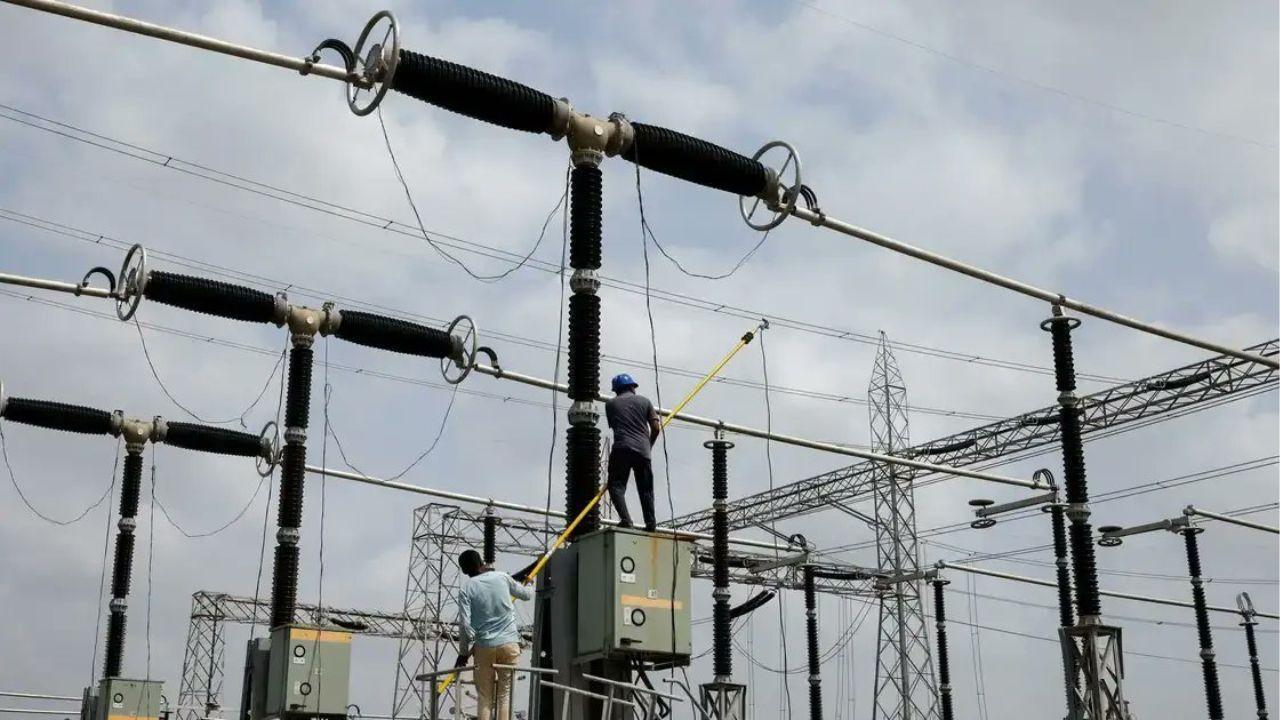
Post by : Avinab Raana
Photo : X / Economic Times
When Progress Hits a Gridlock
In a bold regulatory move, India has revoked grid access for roughly 17 gigawatts (GW) of delayed clean energy projects. This decision, aimed at streamlining grid connectivity, signals New Delhi’s urgent attempt to bridge the growing gap between ambitious renewable goals and lagging infrastructure readiness.
Behind the Curtain: Transmission Troubles
India’s renewable capacity has surged, but the power transmission network hasn’t kept pace. Network limitations, delayed transmission lines, and under-construction inter-state corridors have left many green projects stranded. As new clean energy projects await power lines that still aren’t built, the grid is becoming a bottleneck—not a launchpad.
Prioritizing Projects That Deliver
The decision wasn’t arbitrary. A manual review during the June quarter flagged numerous delayed projects across renewable-rich states such as Rajasthan, Gujarat, and Madhya Pradesh. The state-run transmission utility moved decisively, redirecting access to projects ready or nearly ready to plug in. The goal: accelerate active clean energy flows into the grid and avoid the drama of stalled generation.
A Mixed Reaction from Heavyweights
Major renewable energy players—like Adani Green Energy, ReNew Power, NTPC, Avaada Group, JSW Energy, and ACME Solar—felt the sting of the revocation. These companies have appealed to India’s federal power regulator, arguing fairness and procedural clarity. As of now, none of those appeals have yielded interim relief, underscoring the tough new stance on project delivery timelines.
Clean Energy Ambitions on the Line
India’s target of 500 GW of non-fossil fuel capacity by 2030 looms large amid tightening grid access rules. Without swift transmission upgrades and clearer enforcement on deadlines, the dream of a clean-power future risks slipping away—or at least being delayed significantly.
A Nudge Toward Accountability
By removing connectivity from non-performing projects, authorities are sending a clear message: delayed projects come at a real cost. The new norms also disallow trading of grid slots, demand stable ownership until commissioning, and threaten forfeiture of bank guarantees. Compliance isn’t optional anymore—it’s a mandate embedded in India's drive to modernize.
Unpacking the Risks of Delay
Delayed projects don’t just clutter paperwork—they stall clean energy output, erode investor confidence, and drain financial resources. Stranded capacity means capital at risk, jobs uncreated, and renewable targets slipping into mirages. India’s quick unilateral action may help break this pattern—but only systemic fixes can sustain it.
From Penalties to Progress
India has the will to win this transition. The government recently flagged the need for improved forecasting, battery storage integration, and transmission expansion. These changes are vital levers for turning penalties into growth and resilience—and revoking grid access may be just the needed push.
The Investor Dilemma in a Choppy Grid
For developers, revocation raises stakes. Attractive tariffs and green credentials must now be backed by timelines and roadmaps. In a policy environment sensitive to execution, investment scrutiny is getting sharper. Developers must convert plans into power—or risk losing their spot on the grid.
Managing Grid Complexity with Strategy
Grid stability depends on alignment between supply deployment and transmission capacity. As India's renewable fleet grows, smart planning—not just construction speed—is vital. Priorities include accelerated line commissioning, flexible dispatch systems, and digital forecasting to balance load surges with generation peaks.
Strengthening the Renewable Ecosystem
Revocation is a corrective measure, not a cure. Long-term resilience hinges on integrated planning, smart storage, and regulatory clarity. Only systematic upgrades can ensure India wins its clean energy race without leaving projects—or communities—on hold.
Creating Momentum amid Punitive Measures
Regulators’ tough stance aims to revive momentum—but it must be accompanied by incentives. Accelerated approval pathways, transmission corridor fast-tracking, and conditional access flexibility could complement punitive measures, turning enforcement into embrace.
Lessons for the Rest of Asia-Pacific
India's experience offers a blueprint for fast-growing markets: renewable ambition must align with infrastructure delivery. Grid access isn’t a guarantee—it’s earned through execution. Other economies watching this unfold should heed that timing is the new currency in green transitions.
Grid Discipline, Growth Assured
India’s move to revoke grid access for 17 GW of delayed clean projects is more than enforcement—it’s a signal. Green ambitions now require discipline, precision, and speed. As the nation edges closer to its visionary 500 GW goal, ensuring that power, transmission, and policy move in sync will separate leaders from laggards in the race to sustainability.
India, Grid Access, Clean Energy

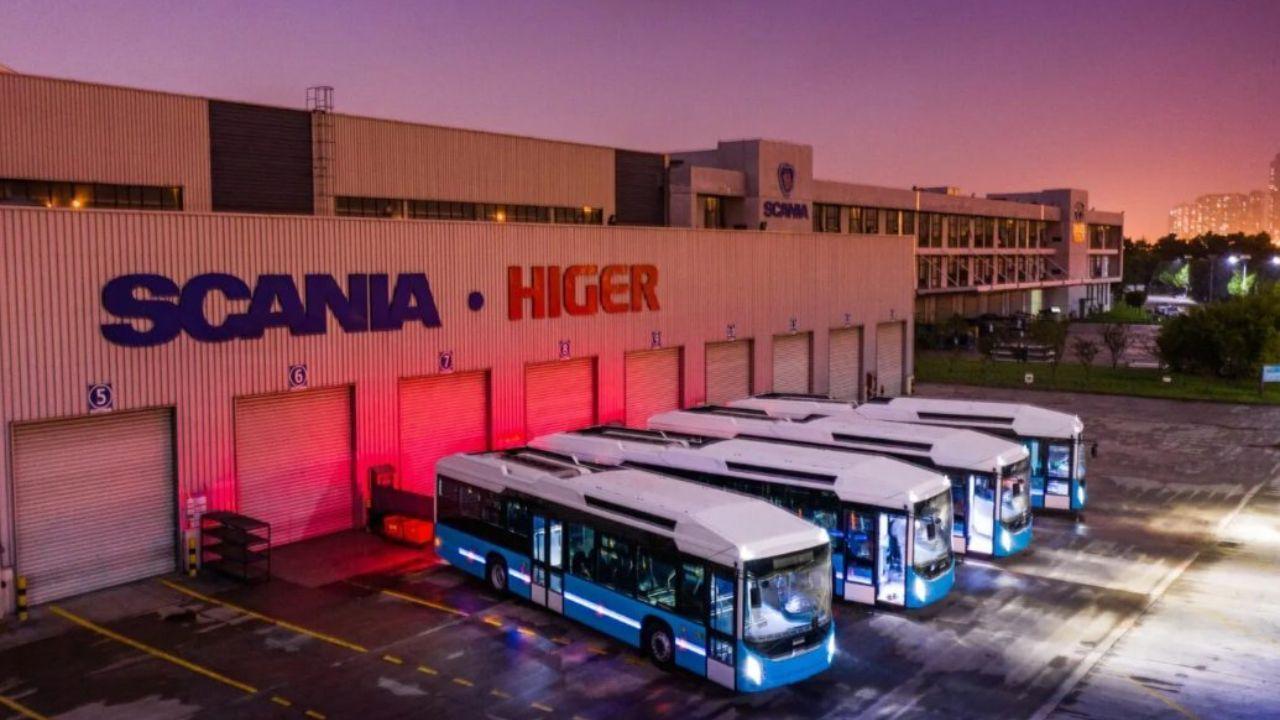
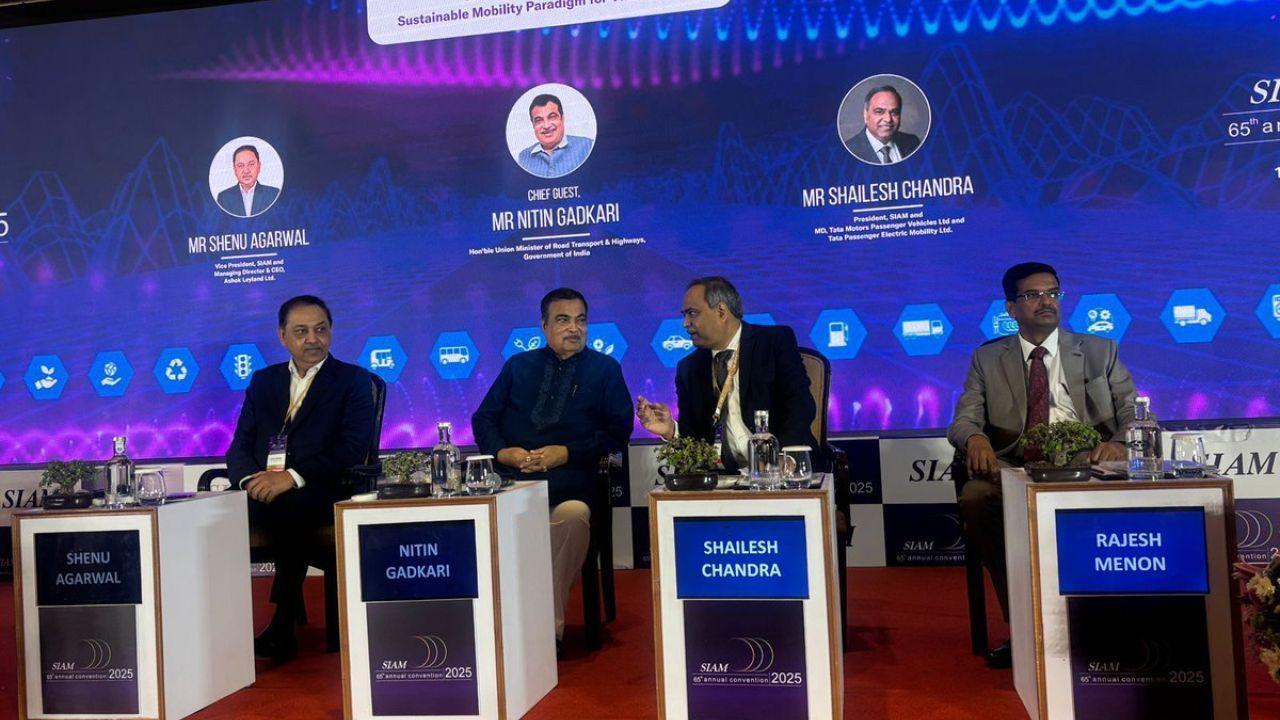

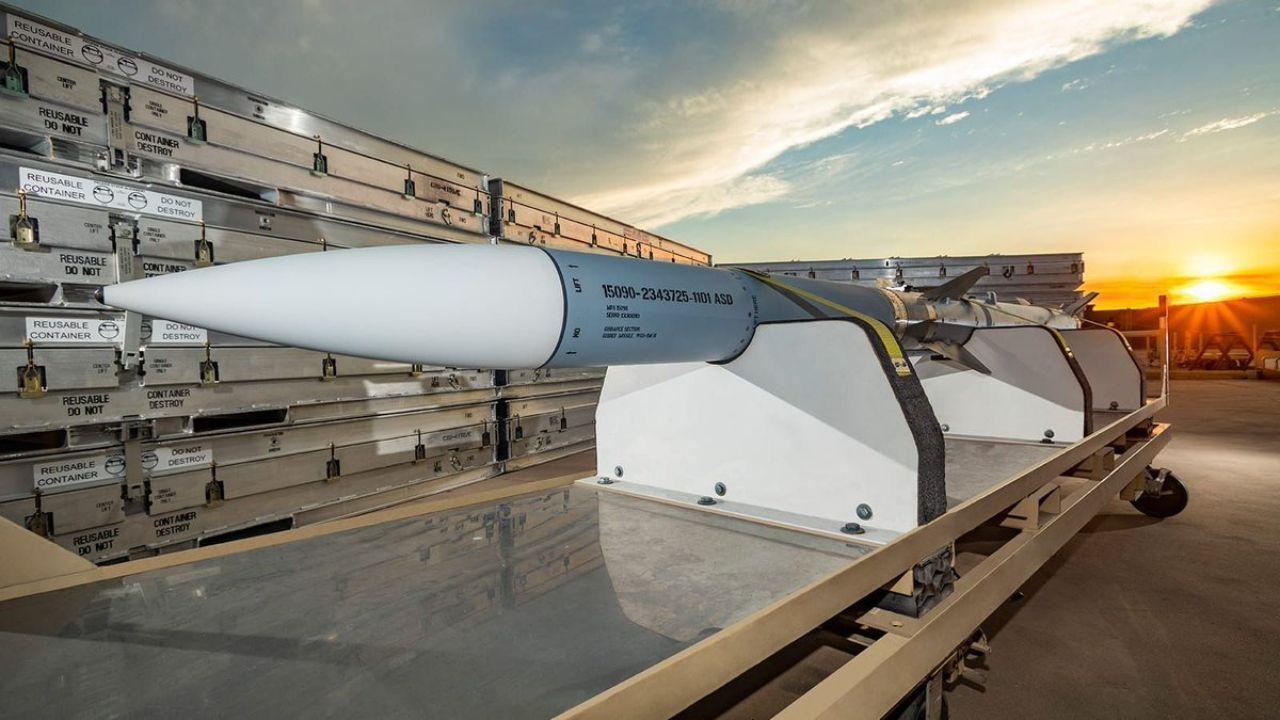




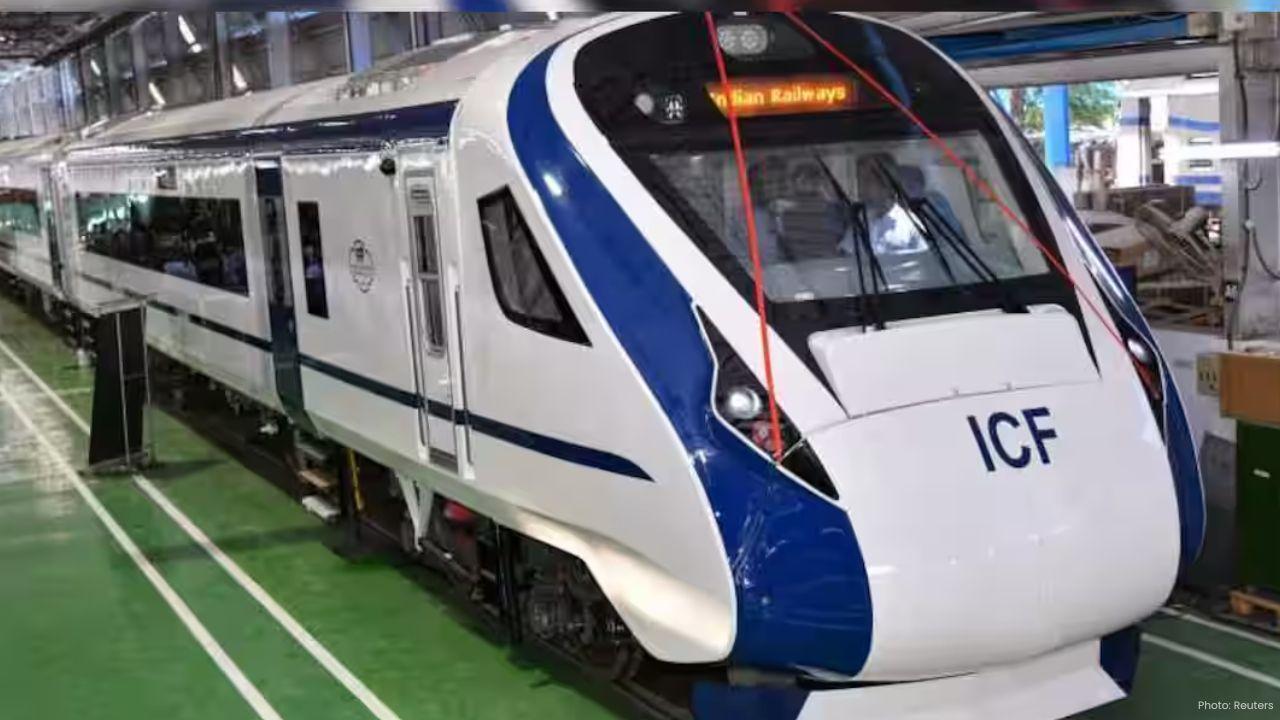
Vande Bharat Passenger’s Spitting Incident Sparks Nationwide Debate
A passenger spitting on the Vande Bharat Express floor sparks online debate on civic sense cleanline

OnTrac Introduces Ground Essentials Service for Affordable and Reliable Shipping
OnTrac launches Ground Essentials a new service offering cost-effective parcel delivery with up to 3

Breeze Airways Earns Five-Star Status as North America's Top Airline
Breeze Airways achieves a five-star rating marking it as North America's leading major airline for 2

Royal Enfield Cuts Prices on 350cc Bikes After GST Rate Reduction
Royal Enfield reduces prices on 350cc motorcycles from September 22, 2025, following GST rate cuts,

Viva ACP Boosts Bus Safety with Strong Lightweight Aluminium Panels
Viva ACP’s panels make buses safer lighter and stronger—saving energy and protecting passengers with
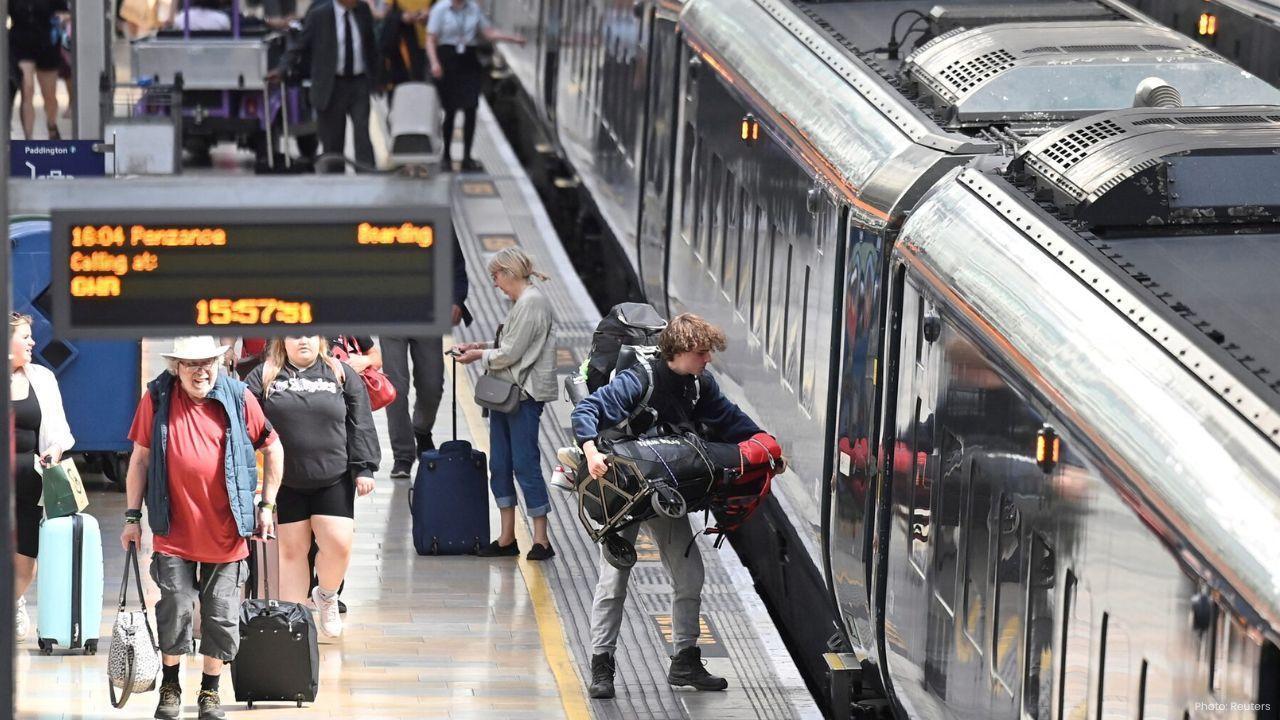
Steelpaint’s Stelcatec Coating Gets UK Rail Approval
Steelpaint’s Stelcatec coating approved by UK Network Rail for durable, fast, and effective protecti